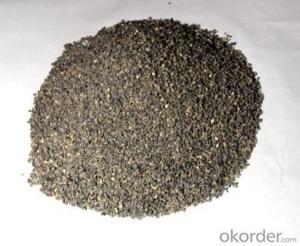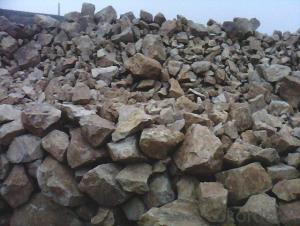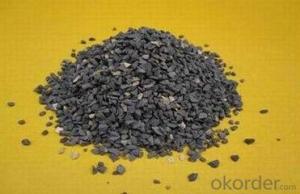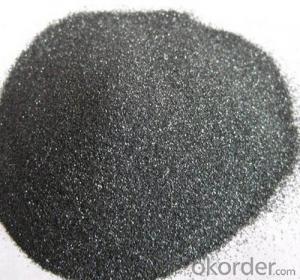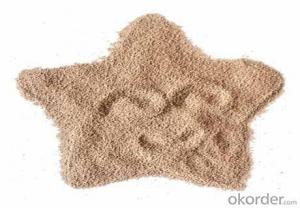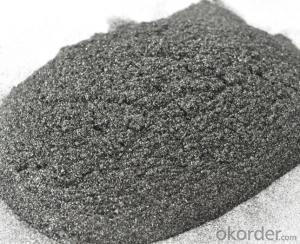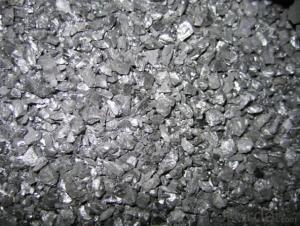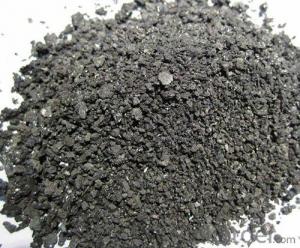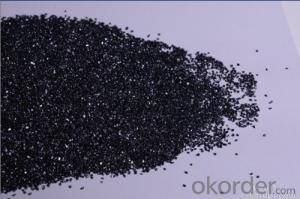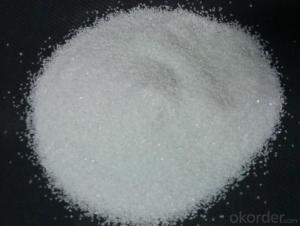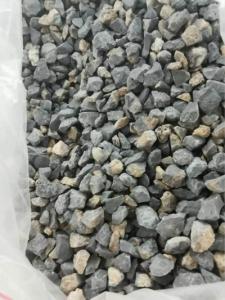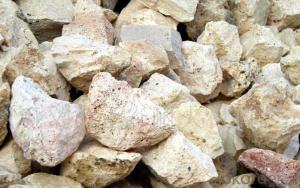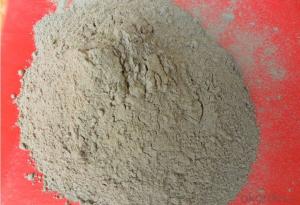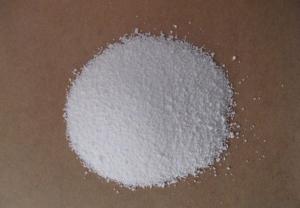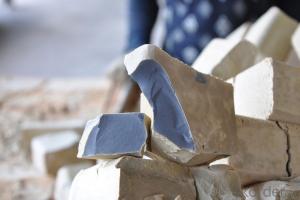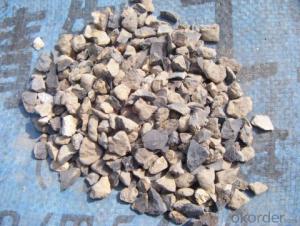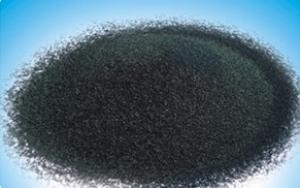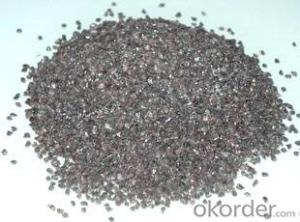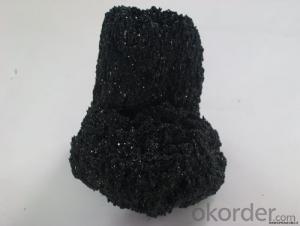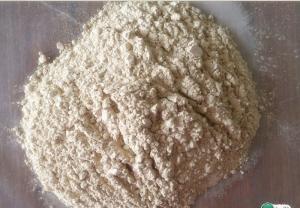All Categories
- - Steel Wire Rod
- - Steel Coils
- - Steel Profiles
- - Steel Pipes
- - Stainless Steel
- - Tinplate
- - Special Steel
- - Steel Sheets
- - Steel Rebars
- - Steel Strips
- - Hot Rolled Steel
- - Cold Rolled Steel
- - Pre-painted Steel
- - Seamless Steel Pipe
- - Welded Steel Pipe
- - Hollow Steel Tubes
- - Galvanized Pipe
- - Stainless Steel Coil
- - Stainless Steel Sheet
- - Stainless Steel Plate
- - Stainless Steel Strips
- - Electrolytic Tinplate Coil
- - Electrolytic Tinplate Sheet
- - Stainless Steel Rebars
- - Solar Panels
- - Solar Water Heater
- - Solar Related Products
- - Solar Inverter
- - Solar Cells
- - Solar Light
- - Solar Energy Systems
- - Solar Controllers
- - Solar Mounting System
- - Solar Pump
- - Solar Chargers
- - Fiberglass Chopped Strand
- - Fiberglass Mesh Cloth
- - Composite Pipes
- - FRP Pultrusion Profiles
- - Fiberglass Mat Tissue
- - Fiberglass Fabrics
- - Fiberglass Mesh
- - Composite Tank
- - Fiberglass Mesh tape
- - Polymer
- - FRP Roofing Panel
- - Fiberglass Roving
- - Monolithic Refractories
- - Ceramic Fiber Products
- - Refractory Bricks
- - Raw Materials For Refractory
- - Suspended Platform
- - Cranes
- - Concrete Machinery
- - Earthmoving Machinery
- - Building Hoist
- - Road Building Machinery
- - Plastic Pipe Fittings
- - Plastic Tubes
- - Plastic Sheets
- - Agricultural Plastic Products
- - Plastic Nets
Q & A
What are the challenges of using refractories in cement kilns?
One of the main challenges of using refractories in cement kilns is the extreme operating conditions they are subjected to. Cement kilns operate at very high temperatures, ranging from 1,400 to 1,500 degrees Celsius, which puts a significant amount of thermal stress on the refractory materials. This can lead to thermal shock and cracking, reducing the lifespan of the refractories and requiring frequent replacements.
Another challenge is the presence of corrosive chemicals in the cement kiln environment, such as alkalis, sulfates, and chlorides. These chemicals can react with the refractory materials, causing chemical corrosion and erosion. This can weaken the refractories and compromise their ability to withstand the harsh conditions.
Additionally, the mechanical stress caused by the rotating motion of the kiln and the movement of materials inside can further contribute to the wear and tear of the refractories. The constant abrasion and impact can lead to physical damage and deterioration, requiring regular maintenance and repairs.
Overall, the challenges of using refractories in cement kilns lie in their ability to withstand high temperatures, resist chemical corrosion, and endure mechanical stress. Addressing these challenges is crucial to ensure the smooth and efficient operation of cement kilns.
What are the sources of high-quality chamotte for refractory use?
The primary sources of high-quality chamotte for refractory use are natural deposits of clay and shale that have been carefully selected and processed. These deposits are typically found in regions with abundant mineral resources, such as China, Russia, Germany, and the United States. Additionally, some manufacturers also produce synthetic chamotte by calcining and grinding specific types of clay.
What are the refractory raw materials used in lining foundry furnaces?
The refractory raw materials commonly used in lining foundry furnaces are silica, alumina, magnesia, and carbon-based materials. These materials possess high heat resistance and can withstand the extreme temperatures and chemical reactions that occur in the furnace environment.
Wholesale Raw Materials For Refractory from supplier in Tuvalu
With our extensive product line, we can supply a wide range of raw materials for refractory applications in Tuvalu. Whether you require high-quality refractory bricks, castables, mortars, or other refractory materials, we have the products to meet your needs.
Our team of experts is dedicated to providing excellent sales, quotation, and technical support services. We understand the unique requirements of the refractory industry and can assist you in selecting the right materials for your specific projects in Tuvalu.
As a subsidiary platform of CNBM, a Fortune Global 500 company, we have the resources and capabilities to ensure a smooth procurement process. Our strong connections with reliable suppliers and manufacturers enable us to offer competitive prices and timely delivery to Tuvalu.
Furthermore, our years of market experience in Tuvalu allow us to provide valuable insights and expertise. We stay updated with the latest trends and developments in the refractory industry, ensuring that we can offer you the most suitable solutions for your projects.
Partner with us for all your raw materials for refractory needs in Tuvalu, and experience our commitment to quality, reliability, and exceptional customer service.
Our team of experts is dedicated to providing excellent sales, quotation, and technical support services. We understand the unique requirements of the refractory industry and can assist you in selecting the right materials for your specific projects in Tuvalu.
As a subsidiary platform of CNBM, a Fortune Global 500 company, we have the resources and capabilities to ensure a smooth procurement process. Our strong connections with reliable suppliers and manufacturers enable us to offer competitive prices and timely delivery to Tuvalu.
Furthermore, our years of market experience in Tuvalu allow us to provide valuable insights and expertise. We stay updated with the latest trends and developments in the refractory industry, ensuring that we can offer you the most suitable solutions for your projects.
Partner with us for all your raw materials for refractory needs in Tuvalu, and experience our commitment to quality, reliability, and exceptional customer service.
Hot Search
- Monolithic Refractories in Rwanda
- Ceramic Fiber Products in Finland
- Refractory Bricks in Palau
- Raw Materials For Refractory in Montenegro
- Ceramic Fiber Products in Botswana
- Refractory Bricks in Georgia
- Refractory Bricks in Belize
- Monolithic Refractories in Mexico
- Monolithic Refractories in Kenya
- Raw Materials For Refractory in Nigeria
